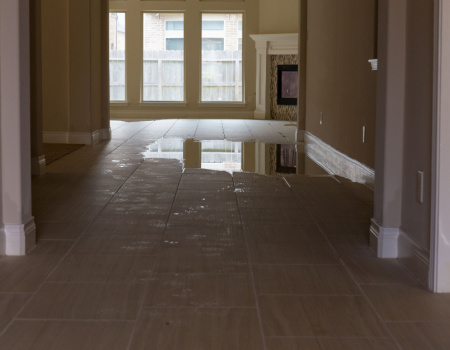Being a landlord can be both exciting and challenging. You get to own a rental property, which can generate income for you. However, managing a rental property can also be a daunting task, particularly if you don’t know what to expect or have any experience in property management. One of the most critical aspects of being a landlord is conducting regular property inspections. In this article, we will discuss why property inspections for landlords are important to keeping your investment profitable.
Why Property Inspections are Important
As a landlord, you need to ensure that your rental property is in good condition and safe for your tenants. Not only for their well-being but also to keep your property up to code with the local laws and regulations. Regular inspections are an essential part of this process. Here are some of the reasons why property inspections are crucial for landlords:
- Identify Maintenance Issues
One of the primary reasons for conducting property inspections is to identify any maintenance issues that need to be addressed. By conducting regular inspections, you can catch small problems before they turn into significant issues. This can save you money and ensure that your property remains in good condition.
- Ensure Tenant Safety
Another reason why property inspections are necessary is to ensure tenant safety. Your tenants rely on you to provide a safe living environment. By conducting inspections, you can identify potential safety hazards, such as faulty wiring or gas leaks. Addressing these issues promptly can prevent accidents and protect your tenants.
- Maintain Property Value
As a landlord, you want to maintain the value of your property. Regular inspections can help you identify any damage or wear and tear that may be impacting your property’s value. By addressing these issues promptly, you can ensure that your property remains in good condition as even the smallest issue tends to turn into major problems.
- Build Trust with Tenants
Conducting regular property inspections can also help build trust with your tenants. It shows that you care about their well-being and are committed to providing a safe and comfortable living environment. This can help foster positive relationships with your tenants and lead to long-term tenancy.
When to Conduct Property Inspections
Now that we’ve discussed why property inspections are essential let’s talk about when you should conduct them. Here are some general guidelines to follow:
Move-In Inspection
The first inspection you should conduct is a move-in inspection. This inspection should be done before your tenants move into the property. It is an opportunity to document the condition of the property and any existing damage. This can help protect you and your tenants from disputes over damages when the lease ends. However, it is always good practice to repair these damages prior to move in so you know the property is in tip-top shape.
Regular Inspections
After the move-in inspection, you should conduct regular inspections. The frequency of these inspections will depend on the terms of your lease agreement. Typically, inspections are done every six months to a year. The goal is to identify any maintenance issues or safety hazards and address them promptly.
Move-Out Inspection
Finally, you should conduct a move-out inspection when your tenants move out of the property. This inspection should be done to assess any damages that the tenant may be responsible for. It is an opportunity to document any damage and determine if any deductions need to be made from the security deposit.
Tips for Conducting Property Inspections
Now that you know why and when to conduct property inspections, here are some tips to help you get the most out of them:
- Communicate with Your Tenants
Before conducting any inspections, make sure to communicate with your tenants. Let them know the date and time of the inspection and what areas of the property will be inspected. This can help avoid any surprises and ensure that your tenants are prepared.
- Be Thorough
When conducting inspections, be as thorough as possible. Inspect all areas of the property, including the exterior, common areas, and individual units. Take notes and pictures to document any issues that need to be addressed.
- Address Issues Promptly
If you identify any maintenance issues or safety hazards, address them promptly. This can help prevent further damage and ensure that your property remains in good condition.
- Consider Hiring a Professional
If you are not comfortable conducting inspections yourself, consider hiring a professional. A property management company can help you conduct inspections and provide you with a detailed report of any issues that need to be addressed.
Conclusion
In conclusion, property inspections are vitally important for landlords. They help identify maintenance issues, ensure tenant safety, maintain property value, and build trust with tenants. By conducting regular inspections, you can ensure that your property remains in good condition and provide a safe and comfortable living environment for your tenants. Remember to communicate with your tenants, be thorough, address issues promptly, and consider hiring a professional if needed.




